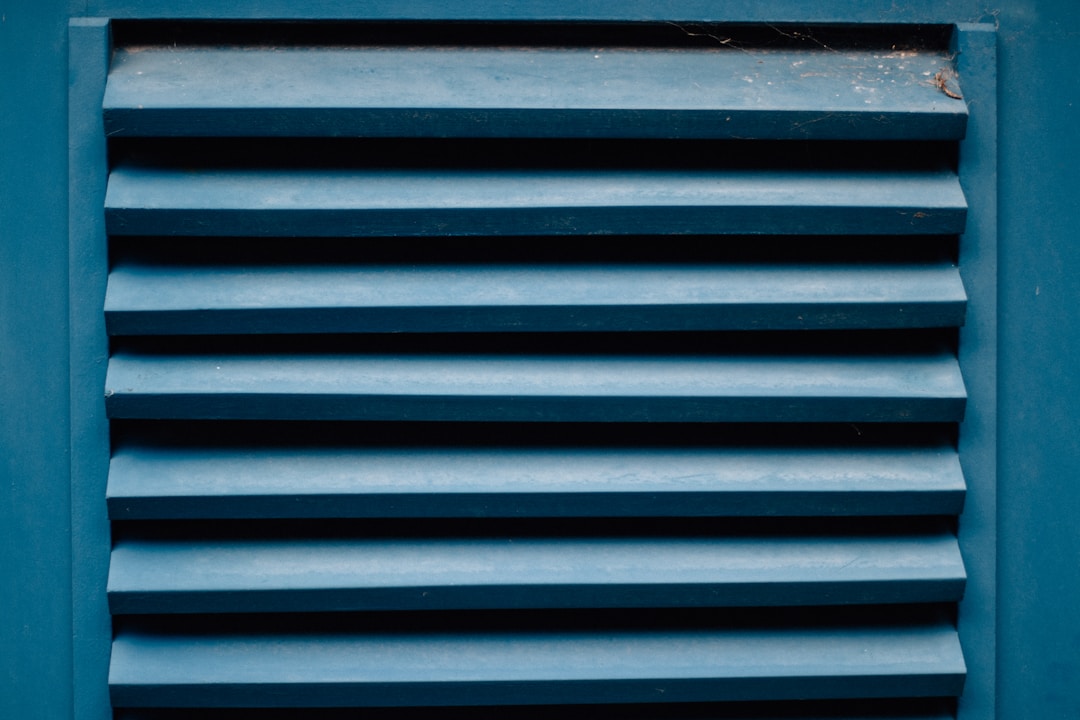Your home’s indoor air quality and air temperature affect your health. High temperatures can elevate your body temperature and cause dehydration and heat-related illnesses, such as heat exhaustion. Cold temperatures strain your heart and increase your risk of suffering a heart attack. Low indoor air quality can also cause asthma attacks and other respiratory problems.
Your home’s air temperature also affects your energy bills. Maintaining your heating, ventilation, and air conditioning (HVAC) unit is crucial for ensuring good indoor air quality and reducing your energy costs. Your HVAC system isn’t the only critical component of your home’s air regulation system. Having your air ducts inspected regularly prevents issues with your air quality and energy bills.
Air ducts are an essential part of your home’s HVAC system.

Your HVAC unit distributes hot or cold air through your home’s air ducts. Intake ducts draw in air that’s sent to the HVAC system. During cold weather periods, your HVAC system heats the air to the temperature set on your thermostat. The air is cooled during warm weather and sent through a filter before entering the supply vents. The filter prevents your system from distributing dirty air. Leaky ductwork causes unregulated air exchange, affecting both the quality and temperature of the air in your home. Your home’s HVAC system may also be connected to a whole-home humidifier that regulates the air’s humidity level.
Duct inspections can save you money.
Inspecting your duct system can confirm whether you have leaky ductwork or blockages in your air ducts. Leaky ducts waste money because your HVAC system has to work harder to maintain safe internal temperatures. When air flowing to the supply vents is replaced with external air, it won’t be the appropriate temperature. Consequently, your home’s thermostat will detect that the air is still too warm or too cold and will prompt your system to start drawing in more air. Duct inspections can reveal if the tape or caulking used to seal your ducts has deteriorated, which can cause leaks. Applying metal tape will eliminate the leaks. You can also protect your ducts and prevent air loss by wrapping the ducts with insulation.
Blocked ducts also increase your energy costs. Over time, dirt can build up inside your air ducts. Rodents can also build nests inside your ducts, making it harder for your system to distribute air. Homeowners can address these issues by having their home’s ductwork cleaned regularly and having pest control experts remove rodents.
Duct inspections can protect your health.

Unregulated air exchange from leaky ducts can cause air that’s passed through your home’s HVAC unit to be replaced with air from outside the home. Unfiltered, dirty air can trigger asthma attacks. Mold spores could also enter the ducts and be distributed throughout the building. Occupants exposed to mold may experience several symptoms, including headaches and fatigue.
Your home’s humidity level can also increase your chances of getting the flu. Although a flu shot may prevent you from contracting influenza, it’s easier to transmit the flu virus when humidity levels are low.
You can receive the flu vaccine at your doctor’s office or pharmacy. Getting your flu shot and maintaining healthy humidity levels can decrease your chances of getting the flu. Learn everything you need to know about flu shots before the end of October, when flu season starts, to ensure you understand the health benefits of getting the flu shot.
A duct inspection will reveal if you have leaky ductwork or blockages affecting your air ducts. Fixing leaky ductwork will prevent unwanted airflow, which causes your home’s HVAC system to run more often and increases your energy bills. Preventing your ducts from leaking will also protect your health by ensuring your HVAC unit keeps your home at a safe temperature and maintains desirable humidity levels.






